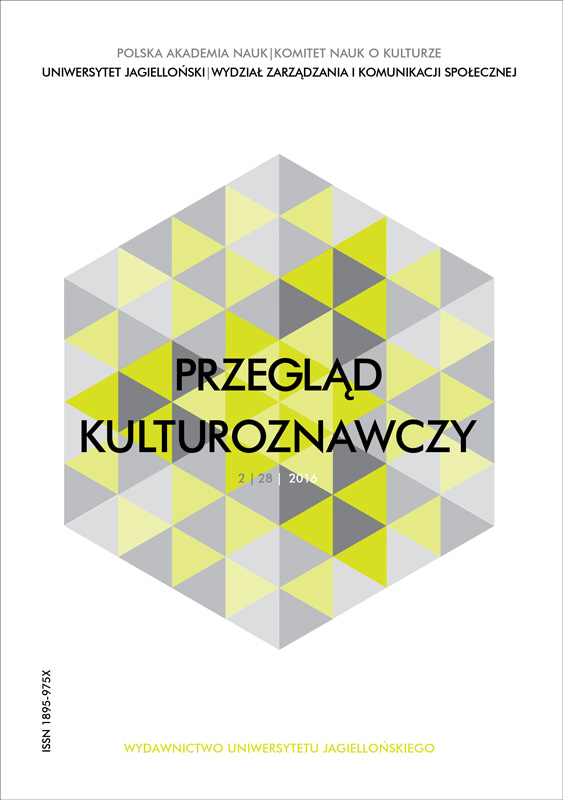Religijno-etniczny pluralizm indonezji. Przykład lomboku
Religious and ethnic pluralism in Indonesia. The case of Lombok
Author(s): Anna MaćkowiakSubject(s): Inter-Ethnic Relations, Ethnic Minorities Studies, Sociology of Religion
Published by: Wydawnictwo Uniwersytetu Jagiellońskiego
Keywords: Lombok; religious diversity; Balinese Hinduism; Islam wetutelu; Islam waktulima;
Summary/Abstract: Indonesian national motto Bhinneka Tunggal Ika, “unity in diversity” is not only attractive, but also challenging. Does this slogan regulate the relationships between religious majority and religious minorities in the archipelago? It is a highly complex question. The aim of the article is to examine a small fraction of this matter issue, to describe practical reality of managing religious diversity in Lombok. Lombok, eastern neighbour of Bali, is a relatively small island, inhabited by 3.3 million people. Muslims account for over 95 per cent of the population, and indigenous Sasaks make up around 90 per cent of it. However, the island cannot be described as religiously or ethnically homogenous. The article is divided into two parts pertaining to two locations, the village of Lingsar and the region of Bayan. The annual temple festival in Lingsar celebrates and connects two ethno-religious identities, characteristic of: Balinese Hinduism and Sasak Islam. According to Erni Budiwanti, Pujawali is a perfect showcase of the “unity in diversity” motto. Nevertheless, the relations between Hindus and Muslims in the framework of this famous religious festival have been complex and often contentious. The second part concerns the northern region of Lombok. In Bayan traditional religious practices and beliefs of syncretic Islam wetutelu are still vivid. Islam wetutelu intersects with orthodox Islam waklima frequently, local Muslims are being subjected to missionary purification campaigns. In the framework of tourism wetutelu traditions can be both, modified and emancipated from homogenization
Journal: Przegląd Kulturoznawczy
- Issue Year: 30/2016
- Issue No: 4
- Page Range: 420-434
- Page Count: 15
- Language: Polish

